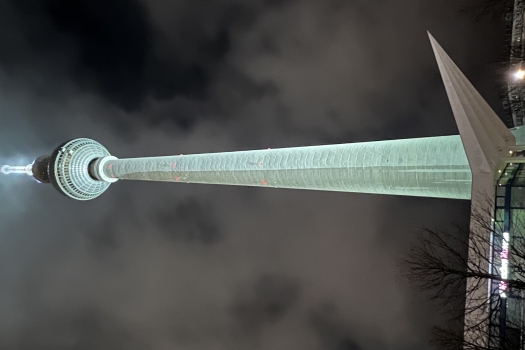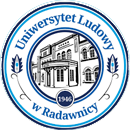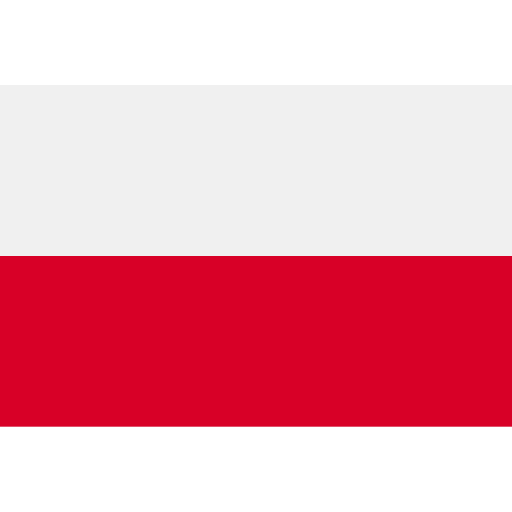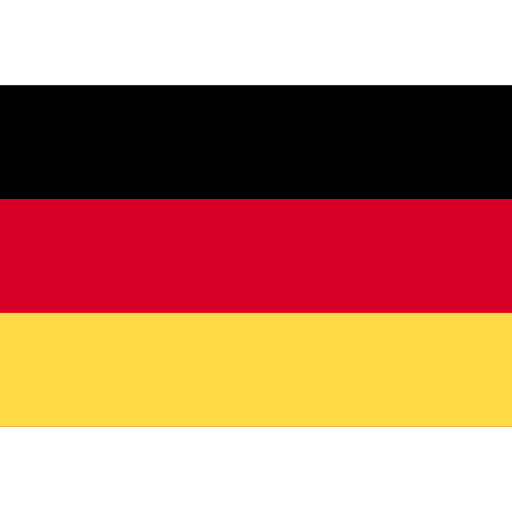
Knowledge and Culture Exchange: Erasmus+ Mobility in the Heart of Berlin
Under the Erasmus+ Action 1 accreditation, listeners and staff from the Radawnica Folk High School had the unique opportunity to spend four days in Radawnica, Berlin, where they immersed themselves in the life and culture of Germany’s capital. This visit was not only a chance to experience Berlin from the perspective of its residents but also a valuable time to understand and experience social inclusion and social activation, or Active Citizenship.
The purpose of the stay was not just to visit typical tourist attractions but, above all, to understand the daily life of Berliners. Participants had the chance to talk to residents, learn about local traditions, cuisine, and ways of spending free time. This provided them with a unique perspective on what it means to be part of this dynamically changing metropolis.
A key part of the program focused on social inclusion and active citizenship. In this context, participants visited bUm, an innovative non-governmental organization in the Kreuzberg district that supports NGO activities by providing coworking space. This meeting allowed participants to gain a deeper understanding of the role that local communities and NGOs play in shaping an open and inclusive society.
The four-day visit to Berlin was not only an opportunity to gain knowledge but also an inspiration for further personal and professional development in the field of intercultural and social education. Participants returned home with a new understanding of the challenges and opportunities associated with social inclusion and motivated to apply the knowledge gained in their local communities.
The stay in Berlin, as part of the Erasmus+ program, was an unforgettable experience that allowed participants not only to better understand German culture and traditions but also inspired them to think globally and act locally. Thanks to this trip, listeners and staff from the folk university can now contribute to building more open and inclusive communities both in Poland and beyond its borders.






